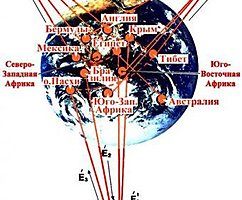Words-parasites in Russian
 Bashny.Net
Bashny.Net
They appear as if out of nowhere: all those "well", "like", "really." Time passes, and we can not even build simple phrases without their help. We declare war on them, but in their place grow other "weeds» ...
"Well,»
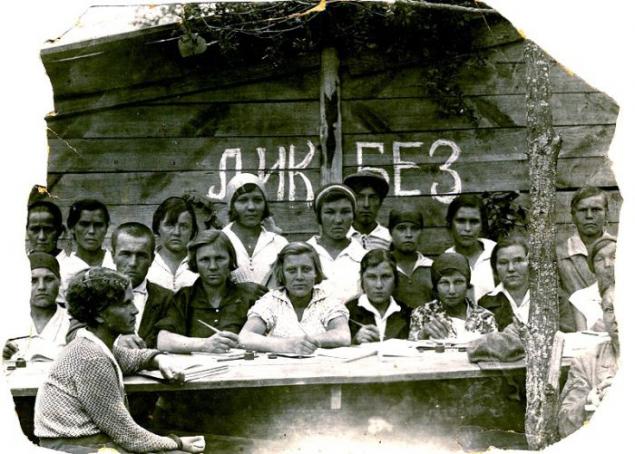
Well, let's start with one of the most common word-weeds. In the "Frequency Dictionary of Russian language", which describes the order of 40,000 words, "well," clings to the Top-100. Of course, the word is used not only as a "parasite": it can express motivation, surprise, admiration, and even irony. But not in such numbers that we see today in our everyday speech flow. The word "well" - the ancient; it can be found in many Slavic languages. However, the exact etymology of the word and failed to install. Most linguists agree that the original "Well" was onomatopoeia. The question is - what? A whip, flying arrows, the sound of an ax? ... You can say one thing: our ancestors used the "well" when they wanted to force anything interlocutor. The words "poverty", "compel" might occur precisely on the particle. Over time, this "word-threat" began to be used to make the statement greater force. Perhaps we abusing "Well," unconsciously wish to give our speech more important. Philologists claim that we say "well" in the dialogue, prompting a retaliatory interlocutor speech act, that is, the particle performs a function of maintaining communications contact. Interestingly, the Hittite language (there was such an ancient people - the Hittites) «nu» was put in front of almost every phrase.
"No»
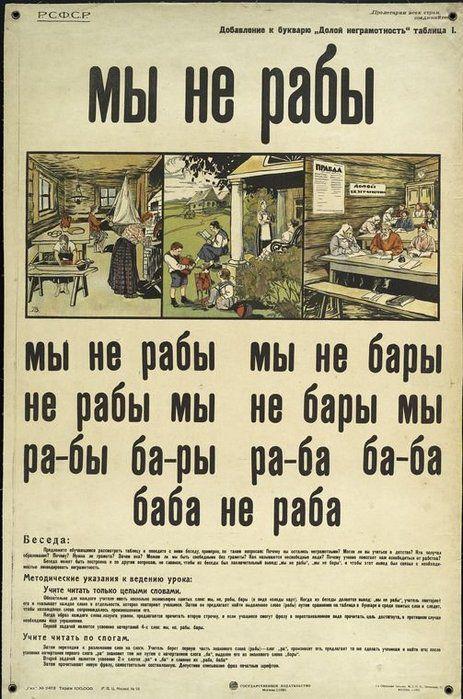
We remember that many of the particles start with "No" almost every phrase. "No, listen, you yourself talked about it", "No, let's go to the rink." Linguists say about such people that they adhere to a defensive strategy in the conversation. This habit probably has its roots in the so-called defensive magic when speaking with "negative" start assertive phrases tried to "insure" themselves and their claim against the evil eye.
"This is the most»
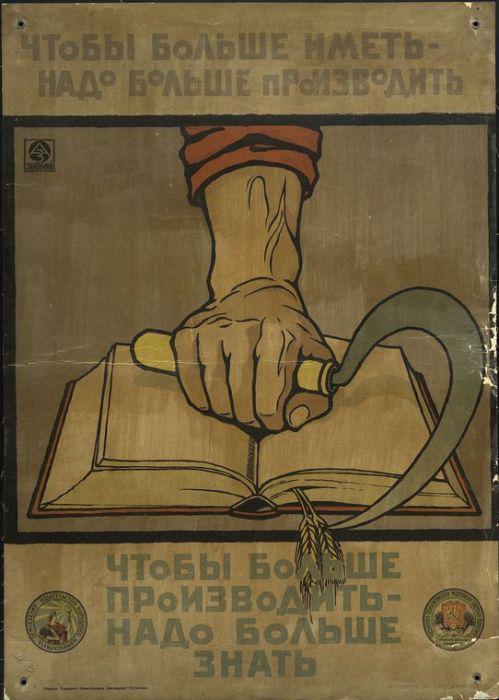
In "this very" tend to blame people uneducated, unable to voice elements quickly find the right words. But it is not so simple with this expression: an arsenal of interjections and weed phrases in the Russian language is wide enough to resort to some very strange structures, such as "this thing." Probably the speech "parasite" was originally functionally replaced some forbidden, taboo words in the language for reasons of superstition, for example, (touch wood).
"Perhaps»

Word-weed with an interesting fate. In modern language it means a disaster assumed certain features or uncertain consent ("Perhaps it will rain," Perhaps I am ready to do it "). In the first sense it is close to the vernacular "I suppose," which is short for "Do not be afraid».
"Perhaps," it comes from the Old Russian "zhalovatsya", which means "to give something out of love." As a "donative word" or refer to any opportunity to express was any possibility of agreement or uncertainty remains a mystery.
"How would»

Every generation has its "firm", the term parasite. Our generation - a "how to". Linguists argue that its use in everyday speech articulates the abdication of responsibility of the speaker by creating an atmosphere of uncertainty. "I like going on vacation," "I like to sleep right now." So one avoids a possible frontal collision with someone and leaving yourself room to maneuver. Of course, this "like-people" better not committing serious problems - as if that did not work.
"In fact,»
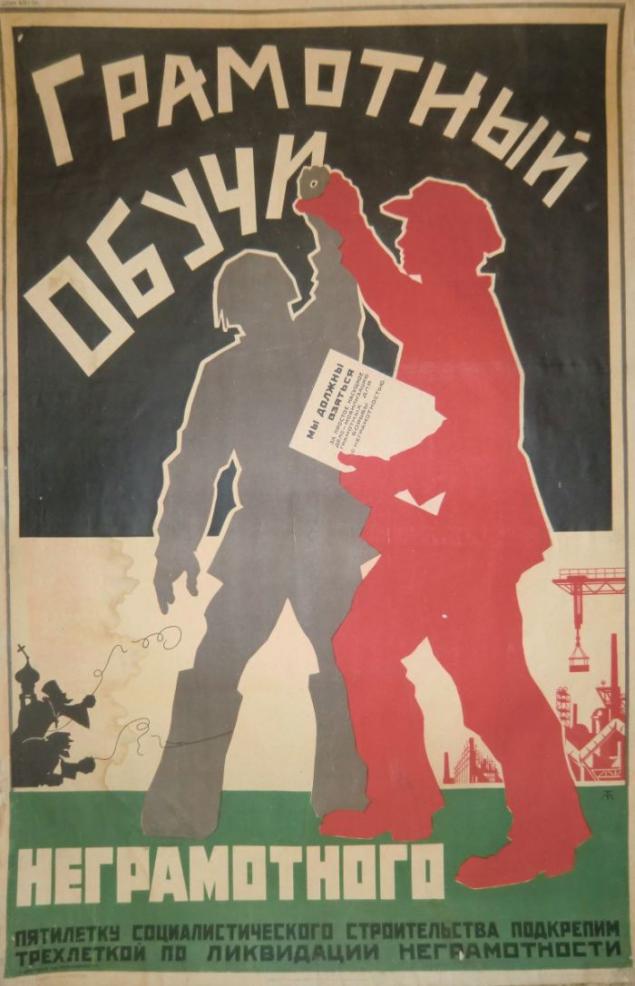
Obsessed with the virus that expression people are the exact opposite of "how-to people." Fashion on the phrase "in fact" came in 60th - time enthusiasts. Psychologists, linguists characterize such people as self-confident people who know what they want in life, with all their views. On this basis, the frequent use of "really" in the colloquial speech of the speaker talking about self-confidence.
"In short»

This weed word in the "normal state" is the comparative form of the adjective "short" and the adverb "short", owes its parasitic nature of the military environment. So the senior subordinated taught more clearly express their thoughts. Then word got into the world of "civilians" and began to carry out the function of administration for a very long story.
"Well,»

Well, let's start with one of the most common word-weeds. In the "Frequency Dictionary of Russian language", which describes the order of 40,000 words, "well," clings to the Top-100. Of course, the word is used not only as a "parasite": it can express motivation, surprise, admiration, and even irony. But not in such numbers that we see today in our everyday speech flow. The word "well" - the ancient; it can be found in many Slavic languages. However, the exact etymology of the word and failed to install. Most linguists agree that the original "Well" was onomatopoeia. The question is - what? A whip, flying arrows, the sound of an ax? ... You can say one thing: our ancestors used the "well" when they wanted to force anything interlocutor. The words "poverty", "compel" might occur precisely on the particle. Over time, this "word-threat" began to be used to make the statement greater force. Perhaps we abusing "Well," unconsciously wish to give our speech more important. Philologists claim that we say "well" in the dialogue, prompting a retaliatory interlocutor speech act, that is, the particle performs a function of maintaining communications contact. Interestingly, the Hittite language (there was such an ancient people - the Hittites) «nu» was put in front of almost every phrase.
"No»

We remember that many of the particles start with "No" almost every phrase. "No, listen, you yourself talked about it", "No, let's go to the rink." Linguists say about such people that they adhere to a defensive strategy in the conversation. This habit probably has its roots in the so-called defensive magic when speaking with "negative" start assertive phrases tried to "insure" themselves and their claim against the evil eye.
"This is the most»

In "this very" tend to blame people uneducated, unable to voice elements quickly find the right words. But it is not so simple with this expression: an arsenal of interjections and weed phrases in the Russian language is wide enough to resort to some very strange structures, such as "this thing." Probably the speech "parasite" was originally functionally replaced some forbidden, taboo words in the language for reasons of superstition, for example, (touch wood).
"Perhaps»

Word-weed with an interesting fate. In modern language it means a disaster assumed certain features or uncertain consent ("Perhaps it will rain," Perhaps I am ready to do it "). In the first sense it is close to the vernacular "I suppose," which is short for "Do not be afraid».
"Perhaps," it comes from the Old Russian "zhalovatsya", which means "to give something out of love." As a "donative word" or refer to any opportunity to express was any possibility of agreement or uncertainty remains a mystery.
"How would»

Every generation has its "firm", the term parasite. Our generation - a "how to". Linguists argue that its use in everyday speech articulates the abdication of responsibility of the speaker by creating an atmosphere of uncertainty. "I like going on vacation," "I like to sleep right now." So one avoids a possible frontal collision with someone and leaving yourself room to maneuver. Of course, this "like-people" better not committing serious problems - as if that did not work.
"In fact,»

Obsessed with the virus that expression people are the exact opposite of "how-to people." Fashion on the phrase "in fact" came in 60th - time enthusiasts. Psychologists, linguists characterize such people as self-confident people who know what they want in life, with all their views. On this basis, the frequent use of "really" in the colloquial speech of the speaker talking about self-confidence.
"In short»

This weed word in the "normal state" is the comparative form of the adjective "short" and the adverb "short", owes its parasitic nature of the military environment. So the senior subordinated taught more clearly express their thoughts. Then word got into the world of "civilians" and began to carry out the function of administration for a very long story.
Tags
See also
What do the bull and the bees. Facts about Russian language
12 facts about the intricacies of the Russian language
15 common words of Russian language, which is actually the names
INTERESTING ABOUT RUSSIAN LANGUAGE:
Learn Russian language
Selection kinolyapy with Russian and Russian-known Hollywood films
Bull and bee - relatives. Because this language
Bad advice on the Russian language. This is genius!
Japanese woman teaches Russian language and Russian tongue twisters
Chinese menu in Russian








